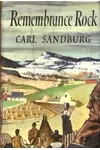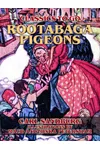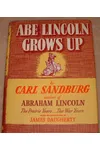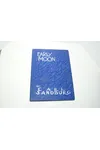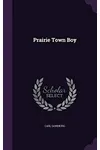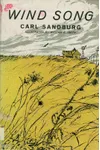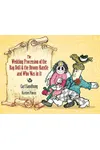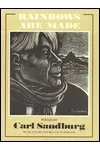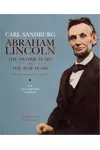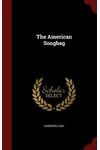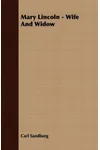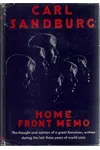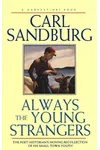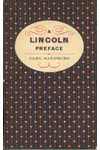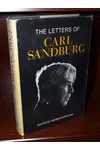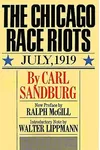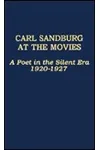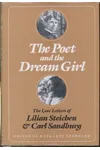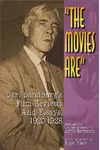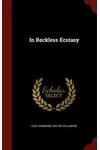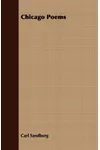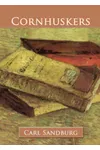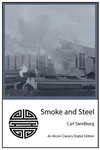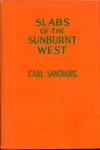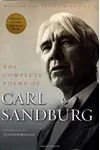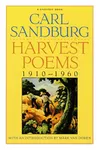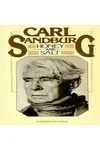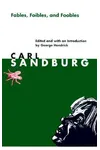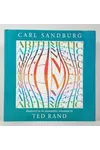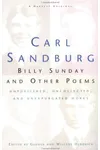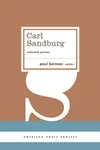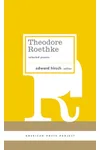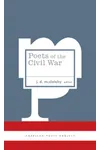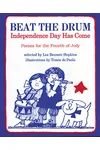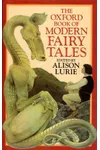Picture a Swedish-American poet strumming the chords of the nation’s heart—meet Carl Sandburg! Born in 1878 to immigrant parents, Sandburg spun the grit and glory of America into poetry, history, and folklore. His lyrical voice, rooted in the Midwest’s plains and Chicago’s bustle, earned him the title 'Poet of the People,' capturing the dreams and struggles of everyday folks.
From his Pulitzer Prize-winning biography of Abraham Lincoln to poetry that danced with the rhythm of jazz, Sandburg’s work remains a vibrant tapestry of the American spirit. Ready to dive into his world? Let’s explore the life and legacy of this literary legend.
The Making of Carl Sandburg
Carl Sandburg was born in Galesburg, Illinois, to hardworking Swedish immigrants. His early years were shaped by manual labor—milking cows, shining shoes, and working as a bricklayer. Dropping out of school at 13, he hopped freight trains, soaking up stories from hobos and laborers. These experiences fueled his empathy for the working class. After serving in the Spanish-American War, Sandburg attended Lombard College, where a professor sparked his passion for poetry. By his 20s, he was scribbling verses and working as a journalist, his pen already tracing America’s pulse.
Carl Sandburg’s Unforgettable Works
Sandburg’s poetry, raw and rhythmic, broke free from traditional forms. His 1916 collection, Chicago Poems, paints the city as a 'Hog Butcher for the World,' blending grit with grandeur. Lines like 'The fog comes / on little cat feet' from 'Fog' show his knack for vivid imagery. Smoke and Steel (1920) celebrates industrial workers, weaving their toil into lyrical anthems.
Beyond poetry, Sandburg’s Abraham Lincoln: The War Years (1939) won a Pulitzer Prize for its meticulous yet heartfelt portrayal of the president. His children’s book, Rootabaga Stories (1922), brims with whimsical tales inspired by Midwestern folklore. Sandburg also collected folk songs, strumming his guitar to preserve America’s musical heritage. His style—accessible, musical, and deeply human—made literature feel like a conversation with a friend.
Whether writing about factory workers or Lincoln’s burdens, Sandburg’s themes of resilience, democracy, and hope resonate. His free verse, influenced by Walt Whitman, gave voice to the overlooked, making poetry a mirror for the masses.
Why Carl Sandburg Matters
Carl Sandburg’s impact stretches beyond pages. He gave dignity to the working class, immortalizing their stories in verse. His Lincoln biography shaped how generations view the president, blending scholarship with storytelling. As a folklorist, he preserved America’s cultural roots, from ballads to tall tales. Sandburg’s belief in the power of words to unite and inspire still echoes in classrooms and coffee shops. In a divided world, his work reminds us to listen to the 'people, yes'—the heartbeat of humanity.
- Born: January 6, 1878, Galesburg, Illinois
- Key Works: Chicago Poems, Abraham Lincoln: The War Years, Rootabaga Stories
- Awards: Pulitzer Prize (1919 for poetry, 1940 for history)
- Fun Fact: Sandburg performed his poetry with a guitar, blending verse with folk music.
Grab Chicago Poems and dive into Carl Sandburg’s vibrant world! His words still sing of America’s grit, dreams, and endless possibilities.
